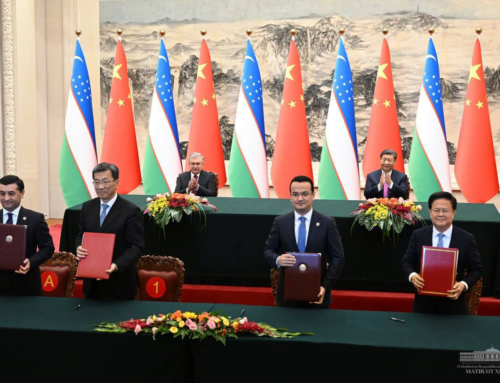On June 28, 2021, MIIT released the Key Points of Automotive Standardization Work in 2021, aimed at providing guidance to the standardization work within the automotive industry in the next year.
In terms of top-level design in standardization, this document requires to:
- Establish the “14th Five-Year Plan” standard system for new energy vehicles and intelligent connected vehicles and clarify specific objectives for different stages.
- Issue the China Standardization Roadmap for Electric Vehicles (Version 3) and initiate the revision of the Advanced Driver Assistance System Standard Roadmap (Version 2).
- Build the Intelligent manufacturing standard system for the automotive industry, covering basic commonality, key technologies, and segmented applications.
In terms of specific standardization work, the document points out that the future focus of work will be on new energy vehicles, intelligent connected vehicles, and automotive electronics; at the same time, efforts will be made to conduct simultaneously research on green, low-carbon, and intelligent manufacturing standards. In particular:
- In the field of new energy vehicles, the release and implementation of standards on safety requirements will be promoted, such as conductive charging and post-crash.
- In the field of intelligent connected vehicles, the establishment and development of mandatory national standards will be accelerated for vehicle information security, software upgrades, and data storage system for automated driving.
- In the field of automotive electronics, the development and revision of basic pillar standards will be enhanced, such as functional safety, expected functional safety, functional safety review and evaluation methods, ASIL graded methods, etc. At the same time, the conversion of international standards will be advanced, such as the environmental assessment of electric drive system regulations and the electrical requirements of 48V power supply system.
- In the field of green and low-carbon, pre-research will be initiated to establish the next phase of fuel consumption evaluation methods and target standards for passenger vehicles, as well as of limit standards for the energy consumption rate of electric vehicles. The revision of light and heavy commercial vehicles’ limit standards for fuel consumption will continue to be promoted, and the review and approval of test method standards for energy consumption and driving range will be completed. Research on a series of standards will be conducted for carbon emissions and accounting methods on the full life cycle of vehicle manufacturers and products.
- In the field of intelligent manufacturing, research and development will be conducted for basic standards for terms and definitions, requirements for maturity assessment of intelligent manufacturing capabilities, automotive industry identification application guidelines, and key technology-related standards for large-scale personalized customization, new energy vehicle digital workshops, safety management requirements of industrial control system. Data collection, circulation and analysis, production technology and procedures, virtual simulation, digital system, large-scale customization, and other related standards research will be conducted.
In terms of international cooperation and harmonization of standards and regulations, the document requires to (i) actively use multilateral and bilateral cooperation mechanisms, (ii) leverage on China’s leadership in relevant international standards organizations, (iii) deeply participate in the formulation and harmonization of technical regulations under the framework of each working group, (iv) promote the release and implementation of the second phase of the Electric Vehicles Safety Global Technical Regulation, (v) promote the improvement of the intelligent connected vehicle regulatory framework and the formulation of specific technical regulations, and (vi) focus on promoting the establishment of international standardization projects led by China.
Similar to Europe, the Chinese automotive industry is also rapidly undergoing digital and green dual transformation. In terms of digitalization, intelligent networking has been regarded as a key area that can realize curve overtaking in China; its standardization work will become a priority of the entire industry, as the development of some of these standards – particularly mandatory standards – will provide support for the future access system of intelligent connected vehicles, and at the same time will become an entry barrier for the future industry. In terms of green transformation, China closely tracks the European emission standards in the field of traditional automobiles, promoting the development of the next phase of national emission standards; on the other hand, it strives to build and improve the supply of new energy vehicle standards and focuses on the direction of electric vehicles.
While advancing domestic standardization, China is also actively carrying out international standardization arrangements. This document fully reflects the current focus of China’s international standardization activities, as well as China’s demand for leadership or promoter status in these fields.
SESEC translated the document, click hereKey Points of Automotive Standardization in 2021 for details.




